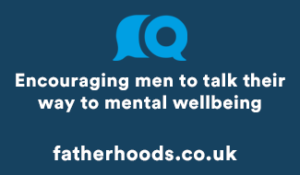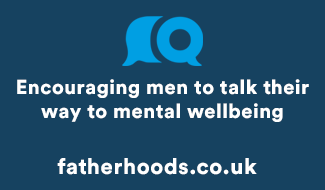The court will be made aware of any criminal records or involvement with the police. That information is usually one piece of evidence that is before the court and not the only evidence. How relevant that piece of information is likely to depend on the nature of the convictions and how long ago they were. It will also depend on what the issues are that the court is trying is decide. There is a difference to trying to prove some-one has criminal convictions to some-one is a risk to a child.
When an application relating to children is made with the court safeguarding checks on the child and the parties is carried out. A safeguarding letter is filed with the court and this will detail any criminal convictions or cautions of the parties. If it is felt that the information that the police have might be relevant to the issues then there will be directions for further disclosure to be made by the police. This will not be necessary in every case.
The overriding principle for the family court when considering issues for the child is the child’s welfare.
The existence of convictions needs to be weighed up with regards to what the issues are in that case and what the evidence of convictions is going to assist with. A family court will make findings of fact. It does this by looking at the evidence before it. The court must decide what is true and what is not true. The court must consider all the evidence that is put before it and will place more importance and weight on different pieces of evidence. This will vary in each case so will the significance of criminal convictions. The overriding principle for the family court when considering issues for the child is the child’s welfare shall be the courts paramount consideration. To do this the court considers a welfare check list when considering the issues raised. It will consider the evidence to determine those issues and make finding of facts on those issues. It then applies those facts to the welfare check list. This includes:
The wishes and feelings of the child concerned considered in the light of his age and understanding.
His physical, emotional and educational needs.
The likely effect on him of any change in the circumstances.
His age, sex, background and any characteristics of which the court considers relevant.
Any harm which he has suffered or he is at risk of suffering.
How capable each of his parents and any other person in relation to him the court considers the questions to be relevant is of meeting his needs.
The range of orders available to the court under the children act
The existence of criminal convictions could be quite relevant but for many it will only be a small piece of information and will not be the key or central piece of information.
Top tips, other issues around this question
Be honest and upfront with those dealing with your case, the solicitors, mediators, the Cafcass officers and the court. They will find out but it is better for them to know in advance.
Be prepared to disclose what convictions there are when they occurred, what sentence/ punishment was received and some information about the nature of the conviction e.g. what happened to lead to that conviction and highlight what steps taken since to change or avoid further charges.
Remember that convictions are only piece of the evidence that will be considered in the case.
Establish what the issues in the case really are.
Highlight what involvement there has already been with the child or children.
Was the other party aware of the convictions if so from when.
Posted on January 8, 2018














